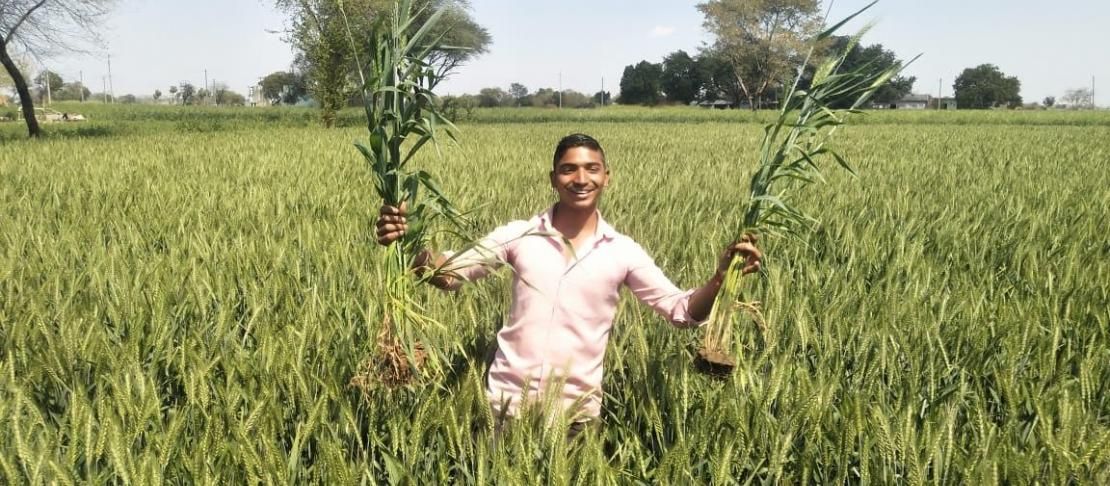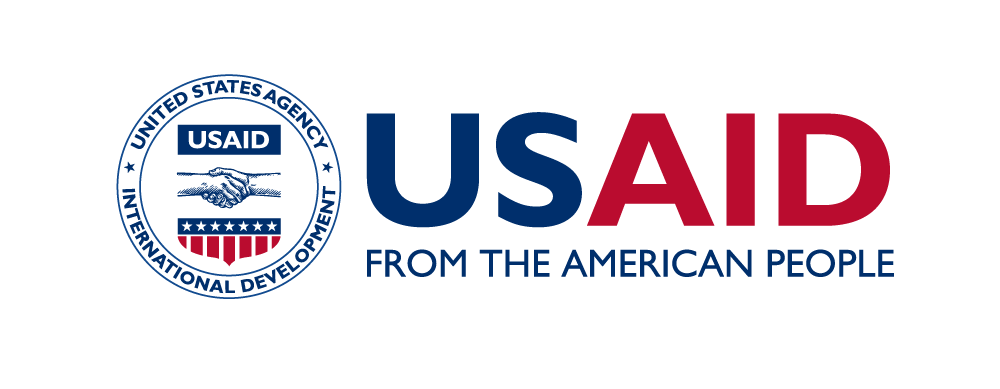Scaling-Out Climate-Smart Village Program in the Vulnerable Areas of Indo-Gangetic Plains of India

Project description
This project is a four-year (October 2016- June 2020) intervention to scale-out weather resilient agricultural intervention through CCAFS's successful approach on Climate-Smart Villages (CSV). It strives to improve the adaptability and resilience of farmers in the relatively food insecure and vulnerable regions of India, and to use this evidence in supporting designs of large-scale climate adaptation programs being implemented or being developed in India and in neighbouring countries of Nepal and Bangladesh. A mix of locally relevant climate-smart technologies and practices, identified based on global knowledge, and complemented with weather information services are implemented in the CSVs.
The project is being implemented by the CGIAR Research Program on Climate Change, Agriculture and Food Security (CCAFS) in collaboration with a local NGO, the ICT industry (climate services and market linkage), insurance industry (crop insurance program), input suppliers (for seeds, fertilizers and machines), and national agriculture research systems (knowledge partners).
Activities
- Implement the CSV approach with 11, 250 farmers in 75 villages in India (Bihar, Madhya Pradesh and Uttar Pradesh) to build additional evidence for scaling out climate-smart agriculture
Develop institutional approaches within the CSV approach involving local organizations, agriculture departments and the private sector (input suppliers, insurance and ICT companies, and agri-business entrepreneurs) to reach scale.
Strengthen the capacity of farmers-producers’ groups (FPOs), local organizations (community based organizations and NGOs), agencies dealing with CSR Funds, national and international climate adaptation funds, local government involved in adaptation to climate change in implementing CSV approach;
To promote South-South cooperation to enable other developing countries (especially Nepal) to adopt and learn from lessons in India for reaching scale in their own countries on climate-smart agriculture (CSA)
Following are the expected outputs of the project:
Improvement in farm productivity (yields and incomes) through promotion of CSA dissemination, management and innovation supported by strengthening of stakeholder and institutional capacity on CSA implementation
Increasing resilience of farming system to changing climate through improved resource use efficiency and improved access to diverse CSA technologies and practices
Reduction in greenhouse gas emissions through improved access to emission reduction technologies and practices
Expected outcomes
The project aims to reduce overall poverty and food security under climate change and variability in the agriculture-dependent communities.
Gender & Youth
Gender inclusion and empowerment forms an intricate part of the project’s overarching goal of building resilience of farmer communities. All three districts are characterized by different social structures and therefore women’s role in agriculture as well as their level of participation in public forums and interventions differs across the three project districts. Throughout all stages of project implementation, conscious efforts have been taken to include women and young farmers as not just beneficiaries but also as active participants across the key stages of the project.
Partners
This project is led by CCAFS- South Asia, in collaboration with:
- United States Agency for International Development (USAID)
- BAIF Development Research Foundation (BAIF)
- Private sector partners
- Local government agencies
- Local farmer producers’ groups
- Community based organizations
More information
- Brochure: Scaling up resilient agricultural practices, technologies and services in the vulnerable areas of India
- Infonote: Integrating Gender into the Climate-Smart Village Approach of Scaling out Adaptation Options in Agriculture
- Blog: Women-led Climate-Smart Village in India, all set to blaze a trail
- Blog: From trauma to triumph
- Blog: Impacts of Climate-Smart Villages: A non-zero sum game
- Blog: Tending to the crying earth and the weeping shores
- Newsletter: CSALP South Asia Quarterly Newsletter Vol.16
- Newsletter: CSALP South Asia Quarterly Newsletter Vol.17
- Newsletter: CSALP South Asia Quarterly Newsletter Vol.19
- Blog: Meeting farmers in Indian Climate-Smart Villages
For more information, please contact project leader Dr. Pramod Aggarwal, CCAFS (Email: P.K.Aggarwal[at]cigar.org).
Funding for this project is provided by:
